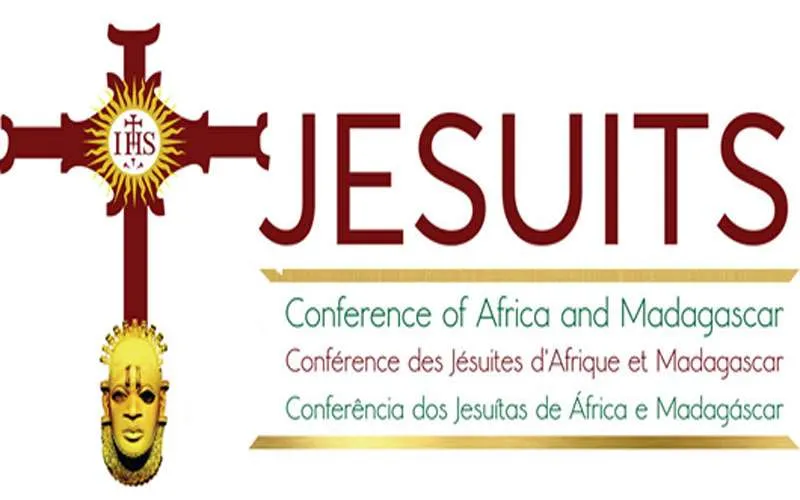They regret, in reference to social protection systems on the continent, that “in many countries in Africa, such systems remain limited in coverage and will need significant upgrading to respond to a pandemic like COVID-19.”
The World Bank has predicted that COVID-19 is pushing 40 to 60 million people into extreme poverty globally with 23 million of the people to be most affected projected to be in Sub-Saharan Africa.
In their collective statement, the members of the 485-year-old Society based in Africa and Madagascar also caution “African governments that telling the poor to social distance without providing alternatives for them to access food and shelter is a serious lack of concern for the vulnerable and poor and failure to protect them.”
“The Jesuits serve in 34 of the 46 sub-Saharan countries that are home to the continent’s largest slums and to some of the poorest populations, where most families thrive on a hand-to-mouth scale,” JCAM members say and add, “Water access points are hard to find and are even harder to get to when restrictions on movement are in place in the hope of preventing further spread of the disease.”
They recount a case in one of Kenya’s informal settlement, “As one resident in Korogocho, Nairobi, Rose Mbone put it: We don’t have enough food to eat; we don’t have enough water to drink and to cook our food, so where will we get water to wash our hands frequently?”
In response to the challenges relating to the global pandemic, Jesuits across the continent have launched various “COVID-19 Response” initiatives in different countries to reach out to the vulnerable, providing them with the necessary aid, JCAM members say in their May 12 statement.
“The Jesuits in Africa believe that reaching out to the poor is an important preferential option as the effects of Covid-19 have been more severe on the poor, affecting families with low income, poor housing, and limited access to basic needs,” they note.
JCAM members make reference to the Nigeria-based Jesuit Superior of the North-West Africa Province, Fr. Chukwuyenum Afiawari and say, “In most urban settlements, many people who are daily wage earners in the informal sector have been sent on unpaid leave and staying at home means going without necessities like food and hygiene supplies.”
The members also make reference to the explanation, which JCAM President, Fr. Agbonkhianmeghe Orobator has made regarding Jesuits’ initiatives on the continent saying, “The inspiration behind the interventions of Jesuits in Africa is the prioritization of the most urgent and life-saving provision necessary to help governments and other men and women of goodwill to reduce the impact of COVID-19 on the poor and vulnerable.”
While Jesuits care about feeding the hungry, they also are concerned about the structural injustice and disparities that lead to poverty and hunger, JCAM members quote Nigerian-born Fr. Orobator as saying and add, “We do not end at giving bread to the hungry; we care about why the hungry are hungry.”








